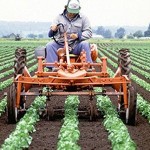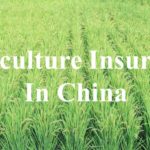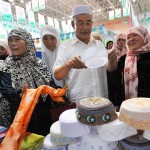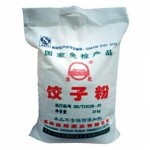Market research: Quinoa in China
Market research: Quinoa in China
Growing popularity
Originally cultivated as a subsistence crop by indigenous Andean population, quinoa contains healthy elements such as vitamins, proteins, essential amino acids which make it be recognized for its nutritive qualities. It seems to be gaining momentum in the whole world. The global demand is surging and the exports from Bolivia and Peru, the world’s leading suppliers, are booming. The United Nations declared 2013 the International Year for quinoa. The same year, to familiarize Chinese consumers with this cereal, the Peru Embassy in Beijing organised a demonstration of tradition Peruvian dishes using it.
China intends to import quinoa. In 2013, it started negotiating with Peru and Bolivia so that they supply China with it.
Cultivating quinoa instead of going to cities: an alternative for jobless Chinese farmers
Discouraged by the lack of opportunities, a general trend is that many Chinese people leave rural areas to seek work in cities. Quinoa turns out to provide those rural dwellers with an extra option. In Shanxi mountainous regions which have a c suitable climate to make it grow, some farmers have successfully started cultivating quinoa. Those farmers achieved a better financial situation than others who have left for the cities. Cultivating this new seed changed Chinese farmers’ way of life. Chinese farmers traditionally eat their production. But as quinoa is more expensive than rice, growers rather sell their entire quinoa crops for local consumption and consume rice that they purchase on market towns.
Prospects, prices and availability
Excited by this new possibility to start a prosperous business, current Chinese agribusiness actor and producers are determined to increase their food production. This rise of the quantity of quinoa available on the Chinese market is likely to make prices decrease. Quinoa is already available on the famous e-commerce platform Tmall and its healthy properties are likely to attract Chinese consumers concerned about eating safe products.
http://blogs.worldbank.org/trade/quinoa-the-little-cereal-that-could
http://www.agmrc.org/commodities__products/grains__oilseeds/quinoa/














